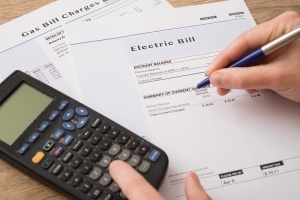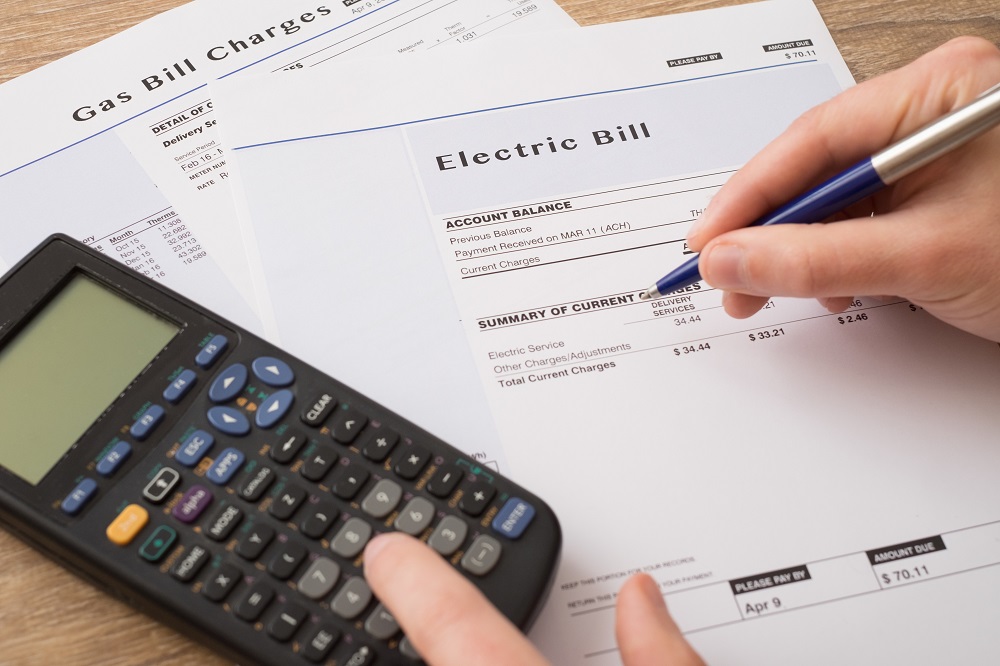Can Utility Bills Be Discharged in Bankruptcy in Arizona?
 The average utility collection balance in the US is 414 dollars, statistics suggest. What’s even more surprising is the fact that young people tend to have a larger sum in their utility account in collection.
The average utility collection balance in the US is 414 dollars, statistics suggest. What’s even more surprising is the fact that young people tend to have a larger sum in their utility account in collection.
When debt accumulates, you will have to seek a way out. For many Arizona residents, a bankruptcy filing is the best option. Understanding how this filing will affect the different types of debt, however, is essential and needed to determine whether you can regain your financial autonomy this way.
How does bankruptcy affect past-due utility bills? Is it possible to get such sums discharged?
The Benefits of Bankruptcy Filing in the Event of Past-Due Utility Bill Accumulation
Utility companies work in a simple and straightforward manner – if you don’t pay your bills, the service will eventually be discontinued.
When you do an Arizona bankruptcy filing, an automatic stay comes into effect.
This means that companies and entities in need of payment from you cannot continue with their collection efforts.
Automatic stays also extend to the operations of utility companies. When you do a bankruptcy filing, the utility company is deprived of the right to discontinue service provision. Thus, even if you haven’t paid your electricity bills, you will not have your lights turned off.
This rule applies solely to past-due bills. Utility bills you have not paid while the bankruptcy filing has taken place or after the discharge will be viewed in a completely different way.
Can Past-Due Utility Bills Be Included in the Bankruptcy Filing?
Now that you know you’re not going to lose your electricity or your phone service, it’s time to take a look at the manner in which past-due utility bills will be treated in an Arizona bankruptcy.
Past-due utility bills are unsecured debts. This means the type of debt is treated as non-priority debt in the event of a Chapter 7 bankruptcy filing. Unsecured, non-priority debt is wiped out completely through the bankruptcy filing, thus you can get rid of past-due utility bills.
In the case of a Chapter 13 filing, past-due utility bills will once again be lumped up with other kinds of unsecured, non-priority debt. This debt will have to be paid off via your Chapter 13 plan. A Chapter 13 payment plan is valid for a period ranging from three to five years. Any amount unpaid after the completion of the payment plan will be discharged.
The Bankruptcy Aftermath
After past-due utility bills are discharged, you will have to continue making the monthly payments for the services that you’re using. If you don’t, debt will begin accumulating once again. Keep in mind, however, that such debt cannot be discharged immediately. A certain amount of time will have to pass before you’re allowed to do a new bankruptcy filing.
A bankruptcy does not eliminate current or future payments. Any service you use will have to be paid for in full after you get your discharge.
One final potential consequence to keep in mind is an eventual deposit requirement for future service use.
If the utility company undertakes such actions, you can make an appeal in bankruptcy court and challenge the increased deposit requirement. Going through with a court petition, however, will usually mean accumulating additional expenses. Consult your Arizona bankruptcy lawyer to get a better idea about the situation, your options and the outcome to expect from every course of action.
To sum it up, you should never stop paying bills, even if you’re about to do a bankruptcy filing. While post-due utility bill debt can be discharged, the accumulation of significant amounts could affect your finances in the future and impact the availability of service provision after the discharge.
Click here for information on bankruptcy death of a debtor.

